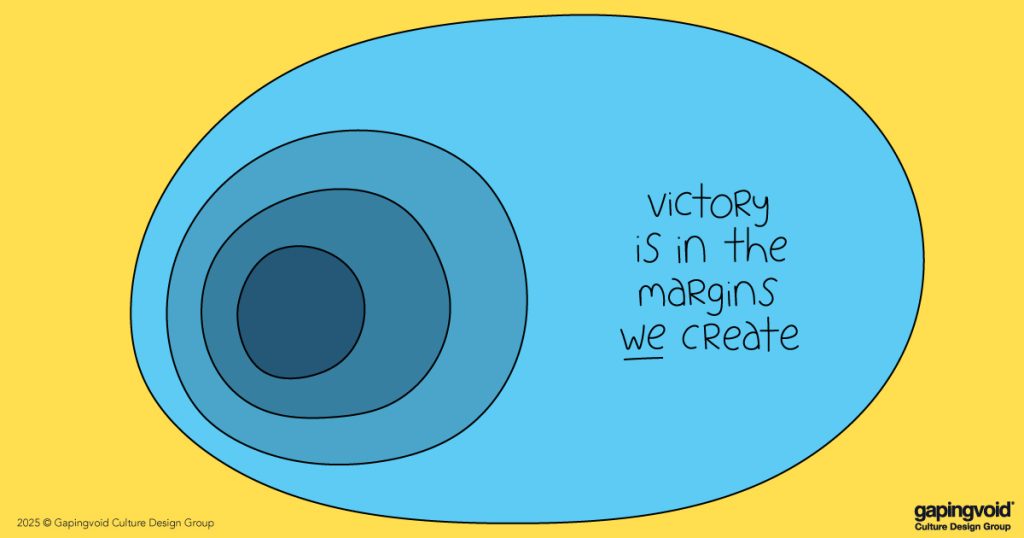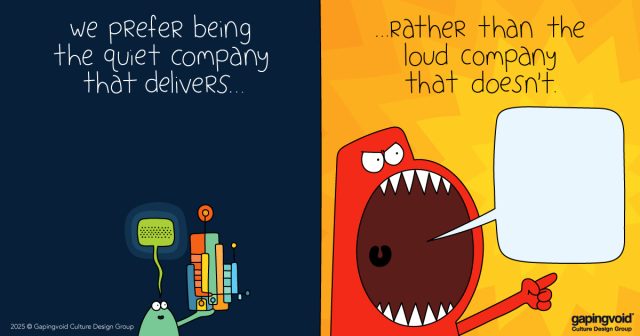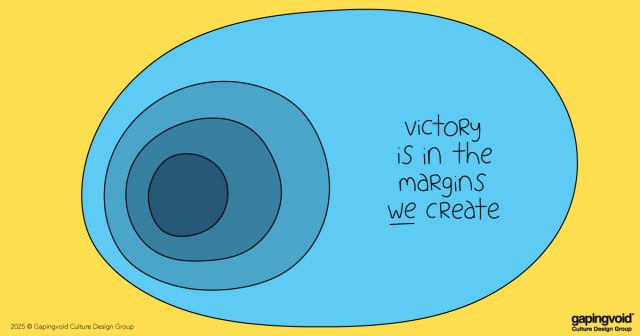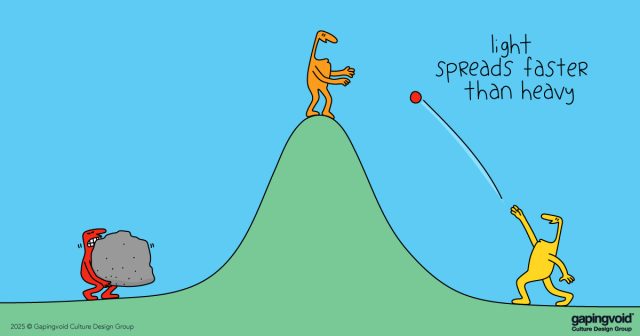
Long before WWI broke out in 1914, the Germans were making plans, as one does, just in case.
They figured if war ever did break out, it would likely be a two-front war, fighting both the French and the Russians, who were allied at the time.
So they spent literally years devising the perfect plan. It involved attacking France right away, knocking them out quickly (like they did in 1870), then turning around and doing the same to the more chaotic Russians before the latter had time to organize properly. Very Frederick The Great of them.
It was a great plan, with genius levels of German organization and precision.
There was just one problem.
Once set in motion, it couldn’t be stopped.
The other countries – France, Britain, Russia, and Austria weren’t planning to go to war. To them, mobilizing their armies just in case (which they did) and actually going to war (which they weren’t planning on) were two different things entirely. One was just a show of force, one was actual force.
But not to Germany.
They couldn’t split the two because the gap between them had the potential to ruin their perfect plan. Without computers or automobiles, their entire war machine rested on railway timetables that took months, sometimes years to develop. Change one part of the plan, and the rest of the system would fall apart.
When Austrian Archduke Franz Ferdiand was assassinated in 1914, things started to unravel quickly. And once things started moving and Kaiser Wilhelm declared, “It’s go time!”, that was it. No usual saber-rattling, just 100% commitment.
Unlike the other major powers, Germany couldn’t pull back from the brink because there was no brink. There were just the railway timetables. And within hours what the British called “The Great War” had begun.
British Historian, AJP Taylor, was the first to observe that the timetables that couldn’t be changed, ultimately changed everything.
Imagine if the decision to go to war had been made by human beings instead of systems (like German railway timetables). How much would have been saved in lives, energy, money, time?
History gives us a great warning here for our increasingly AI-accelerated lives. How many systems are making decisions for us without our conscious involvement? Or, as our friend and colleague Ewan Morrison recently asked, “Are the Systems We Have Created Now Controlling Us?”
It requires some real thought lest we end up as passengers on a train we can no longer stop.



